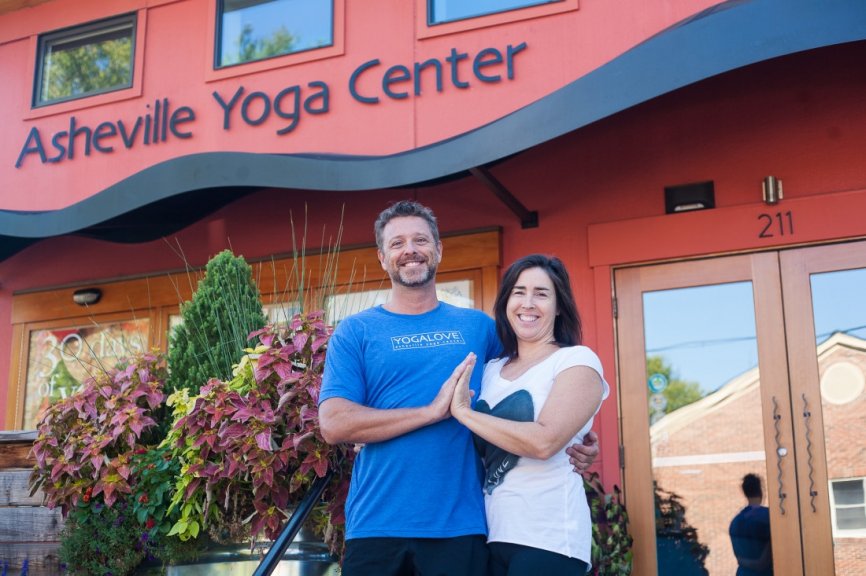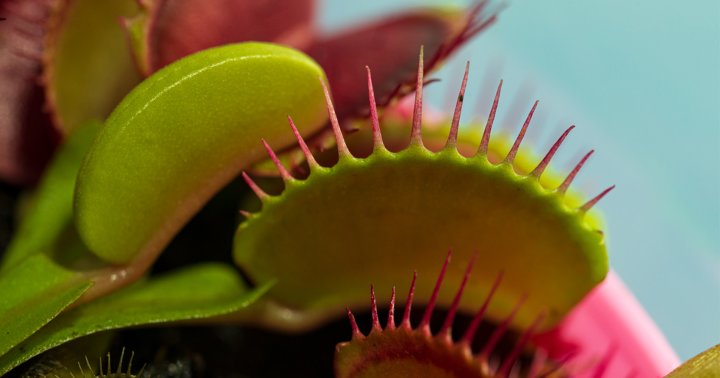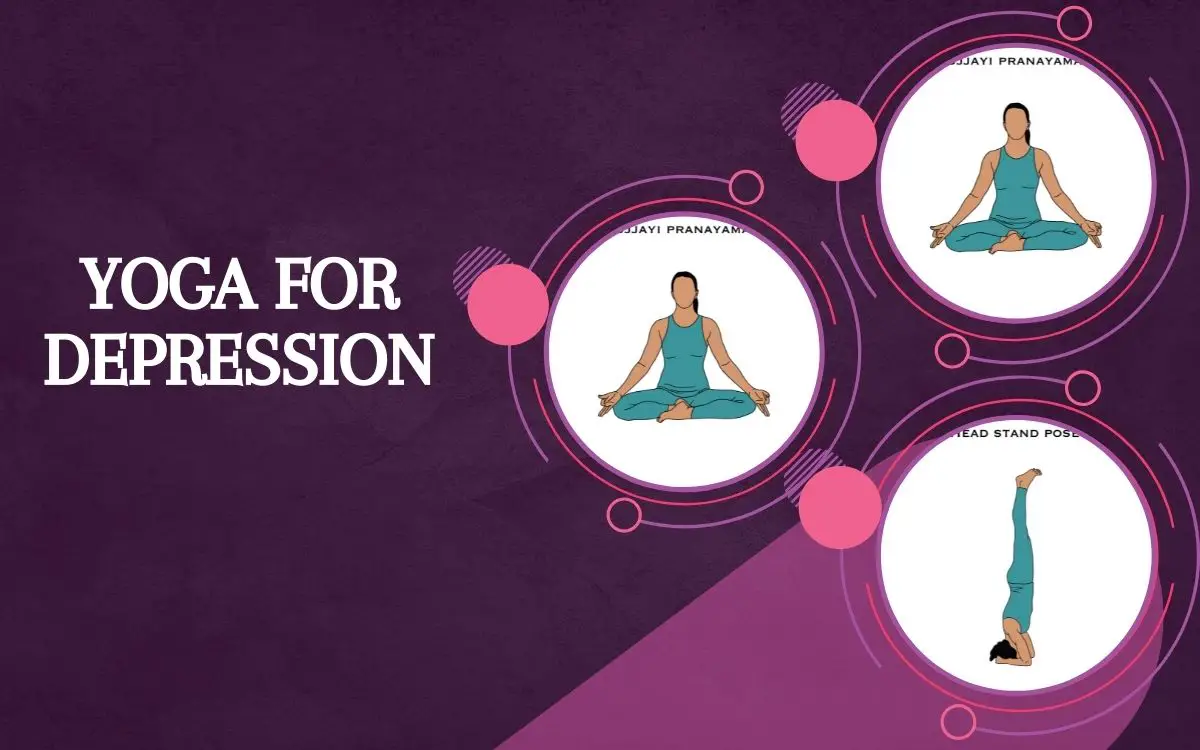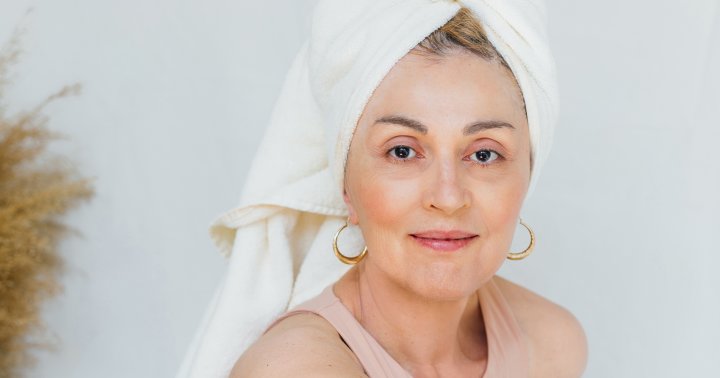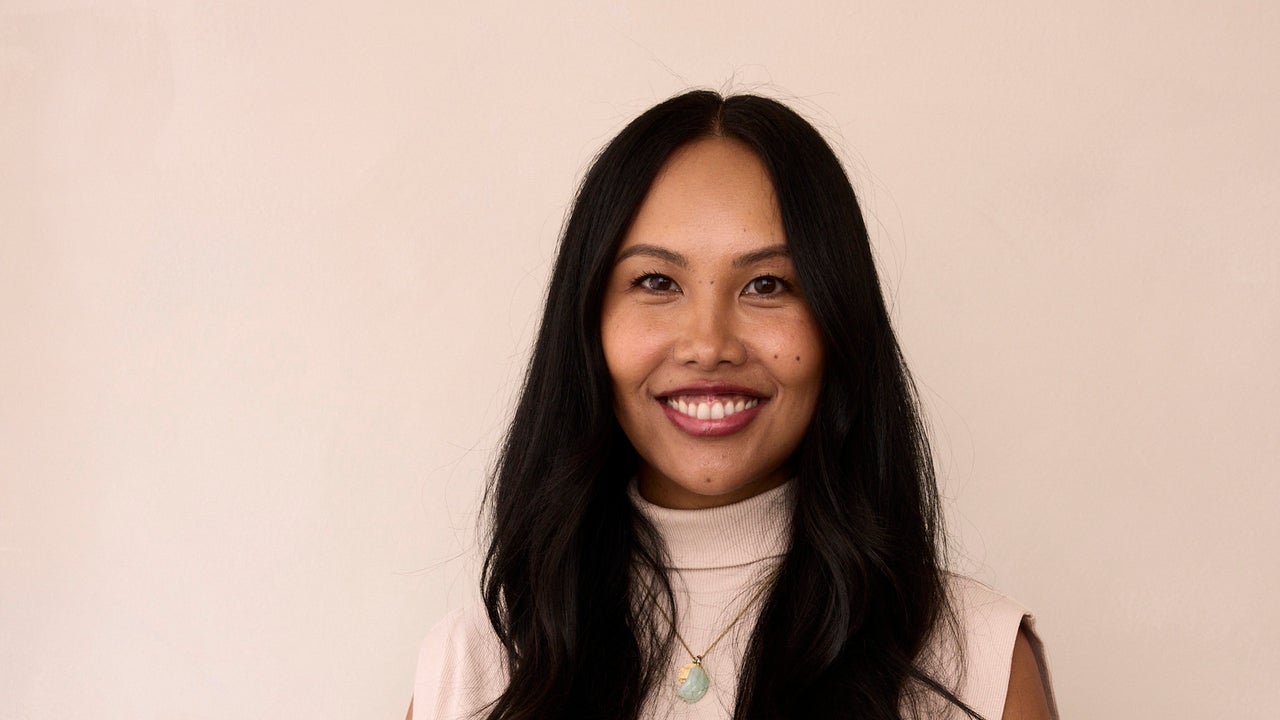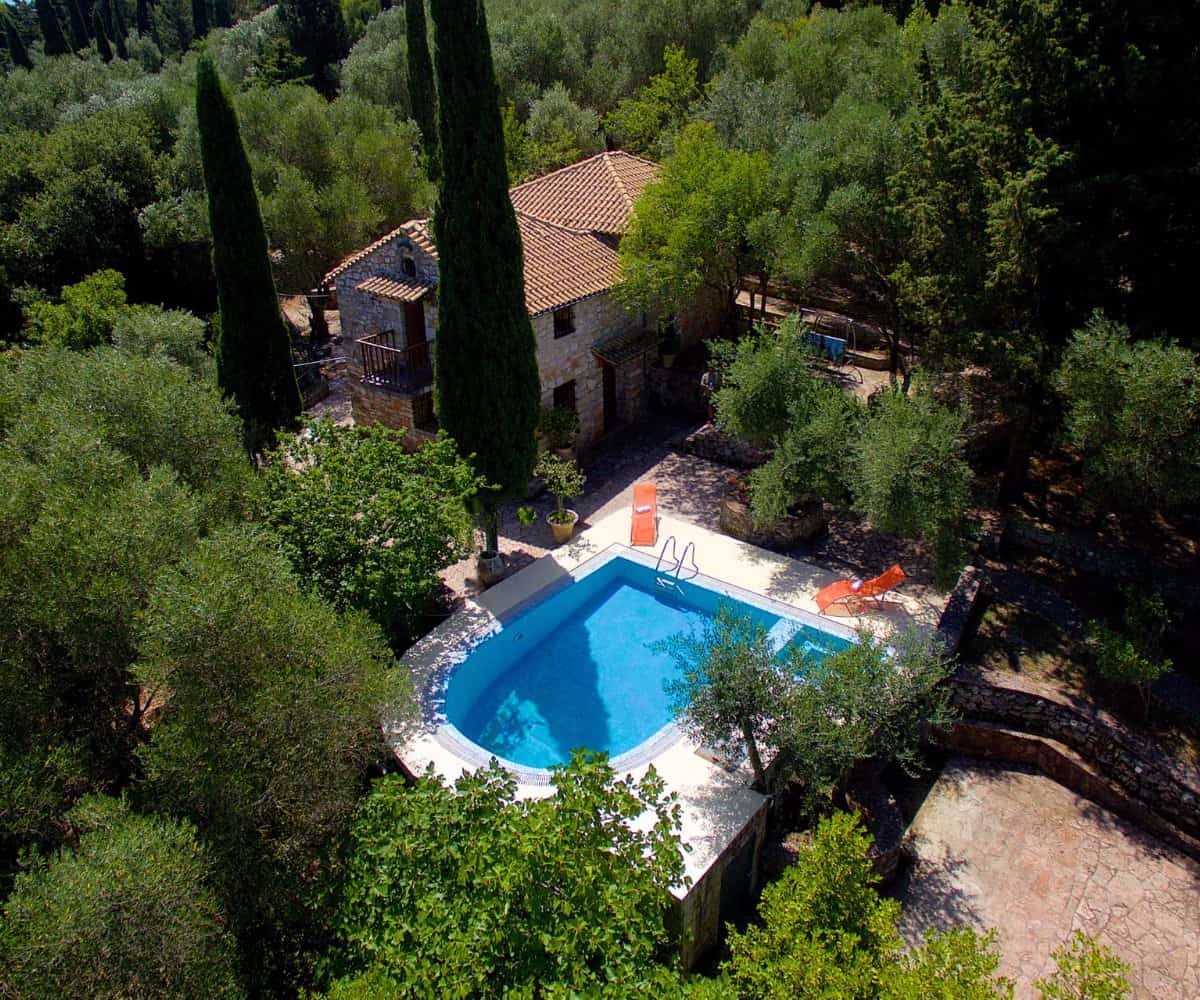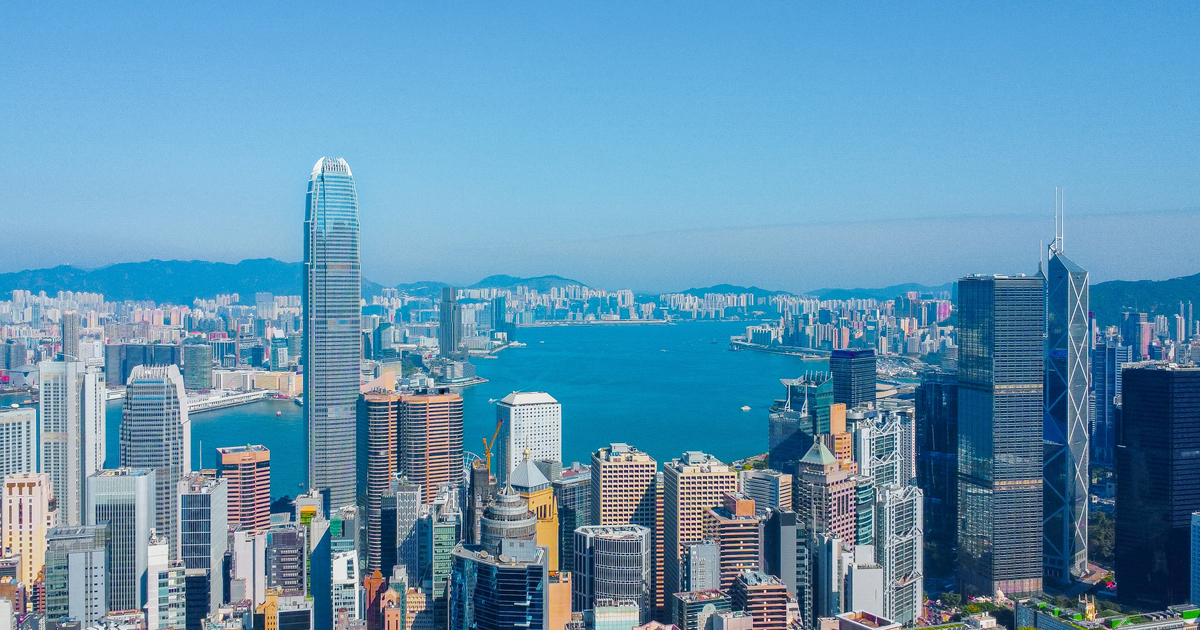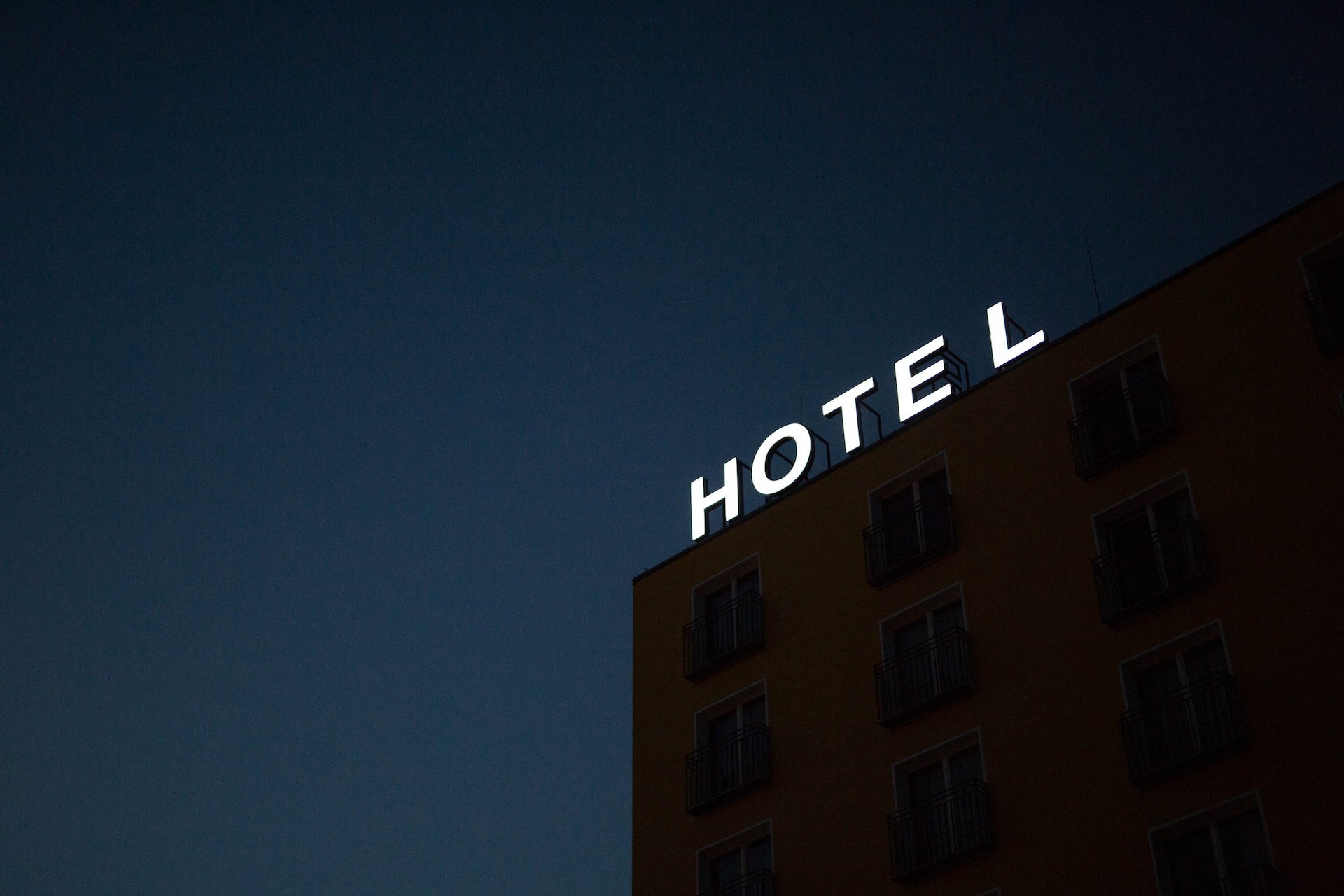6 Quotes from Thich Nhat Hanh on Saving the Planet
A new book collects writing from the Zen master and peace activist on deep ecology, engaged action, and collective awakening. The post 6 Quotes from Thich Nhat Hanh on Saving the Planet appeared first on Tricycle: The Buddhist Review.
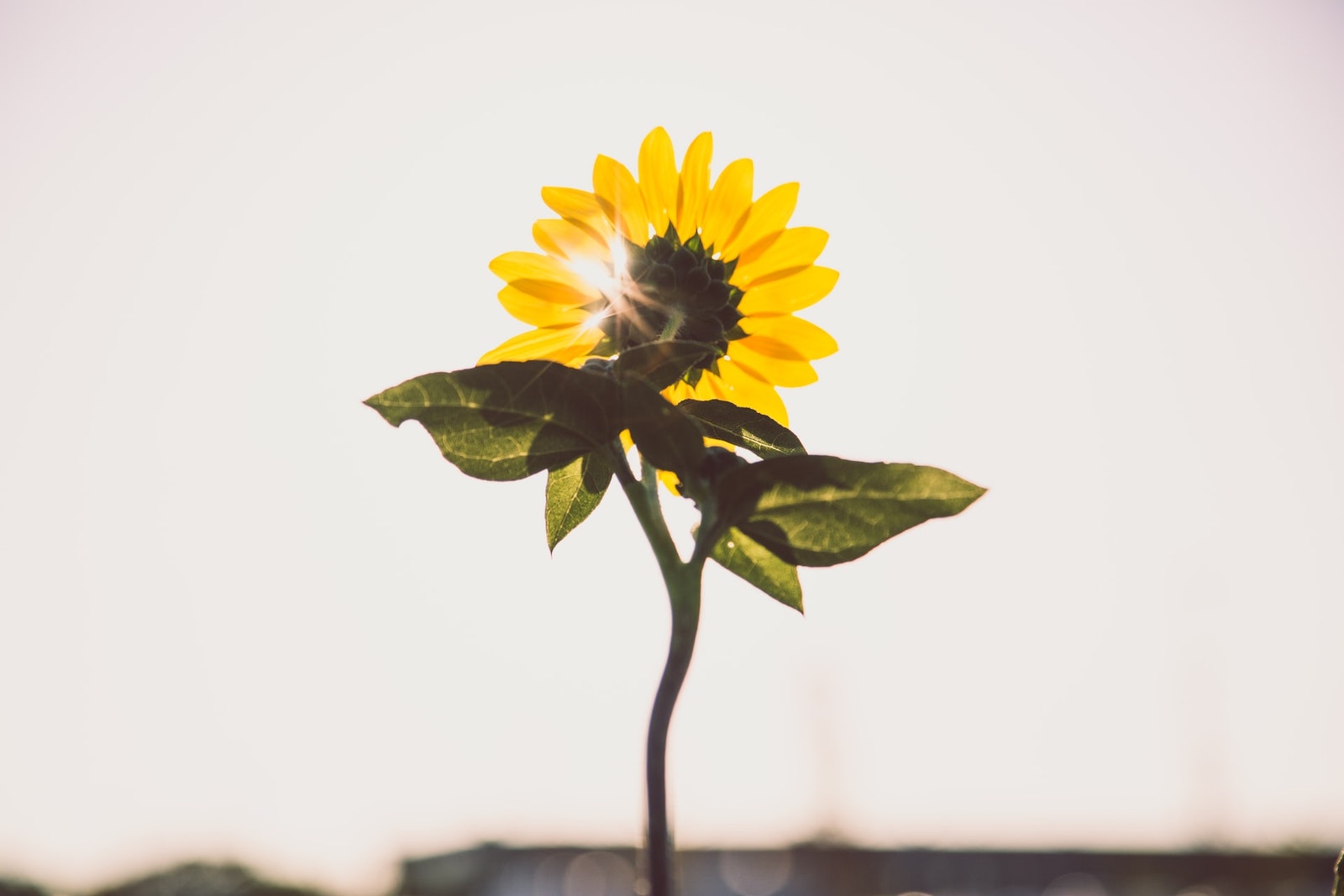
Trike Daily EnvironmentSociety & Environment
A new book collects writing from the Zen master and peace activist on deep ecology, engaged action, and collective awakening.
By Thich Nhat HanhApr 06, 2022 Photo by Conner Baker
Photo by Conner BakerIn honor of Earth Day 2022, Tricycle is bringing together leading Buddhist teachers, writers, and environmentalists—including Joanna Macy, Roshi Joan Halifax, David Loy, Paul Hawken and Tara Brach—for a donation-based weeklong virtual event series exploring what the dharma has to offer in a time of environmental crisis. Learn more here.
Over a decade ago, Thich Nhat Hanh asked his students to put together a book of his teachings on sustaining ourselves and our planet. A peace activist who is credited with bringing “engaged Buddhism” to the forefront, the Vietnamese Zen master was a vocal advocate for protecting the earth. “When you wake up and you see that the Earth is not just the environment, the Earth is us, you touch the nature of interbeing,” he wrote in a teaching that opens the book, which came out in October and contains wisdom from both Thich Nhat Hanh and his student, Sister True Dedication. Read a collection of excerpts from Zen and the Art of Saving the Planet, including a practice for taking refuge in Mother Earth, below.
“The Beauty of the Earth Is a Bell of Mindfulness”
The truth is that many of us have become alienated from the Earth. We forget that we are alive, here, on a beautiful planet and that our body is a wonder given to us by the Earth and the whole cosmos. If the Earth has been able to offer life it is because she, too, has non-Earth elements in her, including the sun and stars. Humankind is made of stars. The Earth is not only the Earth but the whole cosmos.
Only when you have this right view, this insight, will discrimination no longer be there, and there will be deep communion, deep communication between you and the Earth.
“You Are More Than You Think”
The notion of a separate self is like a tunnel that you keep going into. When you practice meditation, you can see that there is the breathing but no breather can be found anywhere; there is the sitting but no sitter can be found anywhere. When you see that, the tunnel will vanish, and there will be a lot of space, a lot of freedom.
“Reconsider Your Idea of Happiness”
To save our planet, we need to re-examine our ideas of happiness. Every one of us has a view, an idea, about what will make us happy. And, because of that idea of happiness, we may have sacrificed our time and destroyed our body and mind running after those things. But, once we realize that we already have more than enough conditions to be happy, we can be happy right here and right now.
“Eating with Non-Violence”
Mindfulness helps us be aware of what is going on. The meat industry has devastated our planet. Forests are being destroyed to create grazing land for cattle or to grow crops to feed them. The world’s cattle alone consume a quantity of food equivalent to the caloric needs of 8.7 billion people. It takes a hundred times more water to produce a single pound of meat than it does to produce a pound of grain.
Urgent action must be taken at the individual and collective levels. Not eating meat is a powerful way to help our planet survive. Simply by eating vegetarian, you can preserve water, reduce pollution, prevent deforestation, and protect wildlife from extinction. If we stop consuming, they will stop producing.
“In True Dialogue, Both Sides Are Willing to Change”
If you want to save the planet and transform society, you need brotherhood and sisterhood; you need togetherness. Whenever we speak about the environment, or peace and social justice, we usually speak of non-violent actions or technological solutions, and we forget that the element of collaboration is crucial. Without it, we cannot do anything; we cannot save our planet. Technical solutions have to be supported by togetherness, understanding, and compassion.
“In the Belly of the Earth”
The Earth is inside of us and we are already in the Earth. We don’t need to wait until we die to return to the Earth. We need to learn how to take refuge in Mother Earth—it is the best way to heal and to nourish ourselves. We can do it if we know how to allow the Earth to be, within us and around us—just being aware that we are the Earth. And we don’t have to do much. In fact, we don’t have to do anything at all. It’s like when we were in our mother’s womb. We did not have to breathe, we did not have to eat, because our mother breathed for us and ate for us. We did not have to worry about anything.
You can do the same now when you sit. Allow Mother Earth to sit for you. When you breathe, allow the Earth to breathe for you, when you walk, allow the Earth to walk for you. Don’t make any effort. Allow her to do it. She knows how to do it. Don’t try to do anything. Don’t try to fight in order to sit. Don’t try to breathe in and breathe out. Don’t even try to be peaceful. Allow the Earth to do everything for you. Allow the air to enter our lungs and to flow out of our lungs. We don’t need to make any effort to breathe in or breathe out. Just allow nature, allow the Earth to breathe in and out for us. And we just sit there, enjoying the breathing in and the breathing out. There is the breathing but there is no “you” who is breathing in or breathing out. We don’t need a “you” or an “I” in order to breathe in and out. The breathing in and the breathing out happen by themselves. Try it!
♦

Excerpted from Zen and the Art of Saving the Planet by Thich Nhat Hanh with permission from HarperOne, an imprint of HarperCollins Publishers. Copyright 2021.

Get Daily Dharma in your email
Start your day with a fresh perspective

Explore timeless teachings through modern methods.
With Stephen Batchelor, Sharon Salzberg, Andrew Olendzki, and more
![]()
Thank you for subscribing to Tricycle! As a nonprofit, we depend on readers like you to keep Buddhist teachings and practices widely available.
This article is only for Subscribers!
Subscribe now to read this article and get immediate access to everything else.
Already a subscriber? Log in.

 UsenB
UsenB 









